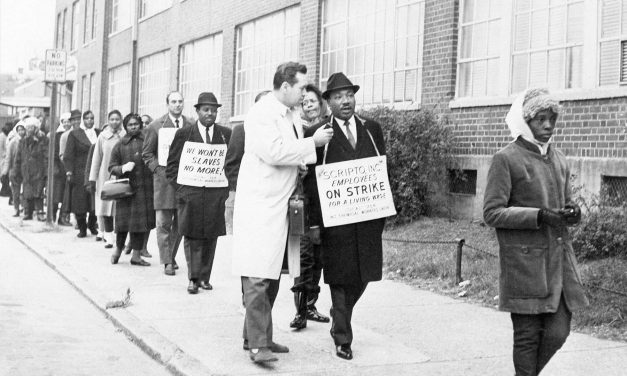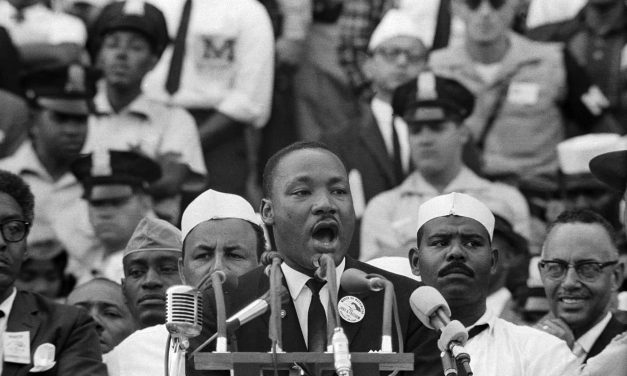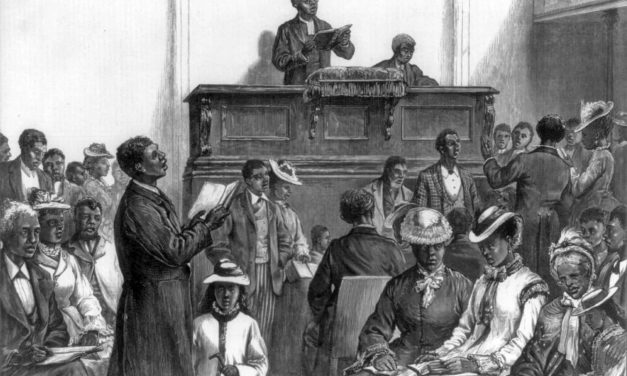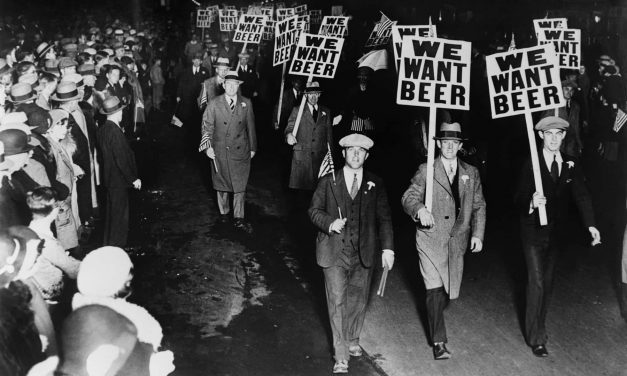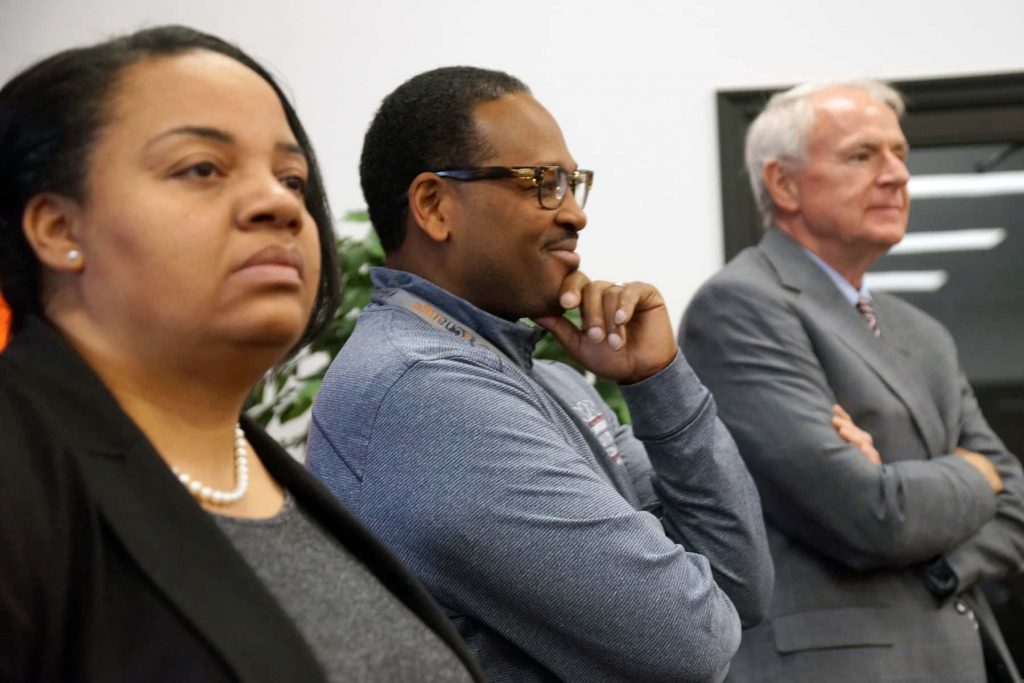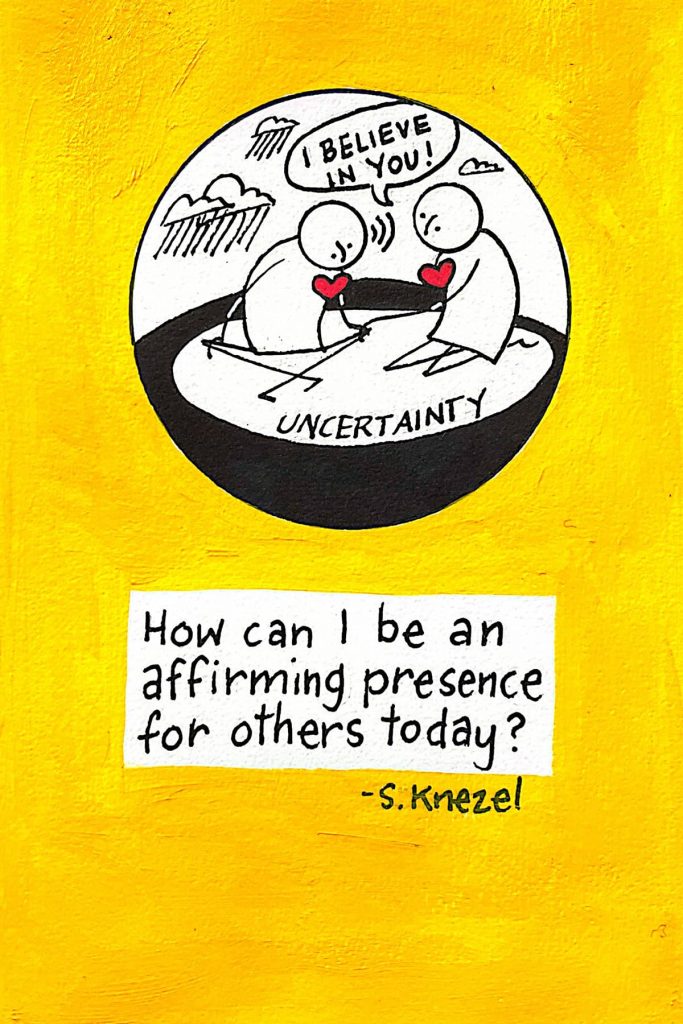Motivation is not Indefinite: Why most New Year’s resolutions quickly end in failure
By William Clark, Adjunct Lecturer of Health and Wellness Studies, Binghamton University, State University of New York In January, 40% of Americans will make New Years resolutions, and nearly half of them will aim to lose weight or get in shape. But 80% of New Year’s resolutions fail by February, and gyms will experience a decrease in traffic after the first and second months of the year as those who made New Year’s resolutions to get in shape lose steam. As a lecturer at Binghamton and former Olympic weightlifter, world champion powerlifter and strength coach, much of my life...
Read More

